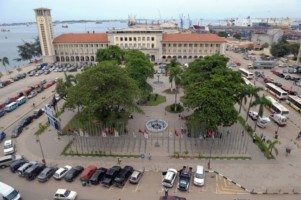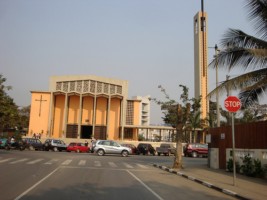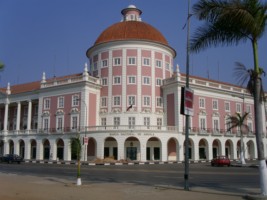Quick Facts: Luanda
- Capital and largest city of Angola
- Total population is 4.5 million
- Located on the Atlantic Ocean
- Founded in 1575 by Portuguese colonists
- The second most expensive city to live in, after Tokyo
- Portuguese is the main language spoken
- Climate is hot and humid
- Main exports are coffee, cotton, sugar, diamonds, iron, and salt
- Divided into 9 districts called "municípios"
- A new international airport is under construction
Introducing Luanda
Luanda was founded in 1575 by Portuguese colonists who used the city mainly as a slave port and for exporting raw materials. During the civil war, millions of people flooded into the city to escape violence in other parts of the country. The huge influx of people put enormous pressure on Luanda’s resources and infrastructure and large slums developed, which the locals call “bairros”. Efforts are underway to enlarge the city and construction is booming.
Luanda is divided into an old and a new city, called the baixa and the cidade alta respectively. The old city is located next to the port and has many old buildings and narrow streets. It’s here that you’ll find most places of interest to visit in Luanda. The Fortaleza de Sao Miguel stands at the entrance to the bay and is the oldest surviving building in Luanda, dating from 1576. Nearby you’ll find the Museu de Antropologia, a collection of artefacts from Angola’s tribes housed in an old colonial building. There are also several beautiful old churches built in the 17th century hidden amongst the skyscrapers.
The majority of the population is African. There is a minority population of Portuguese, Brazilians and other Latin Americans as well as a Chinese and Vietnamese community. Before independence, the majority of people living in Luanda were Portuguese. They fled the country in droves after 1975, creating a skills shortage in Luanda that plunged the city into chaos.Today the majority of foreigners in Luanda are business people there to take advantage of the country's oil and diamond reserves.

.jpg)



.jpg)


